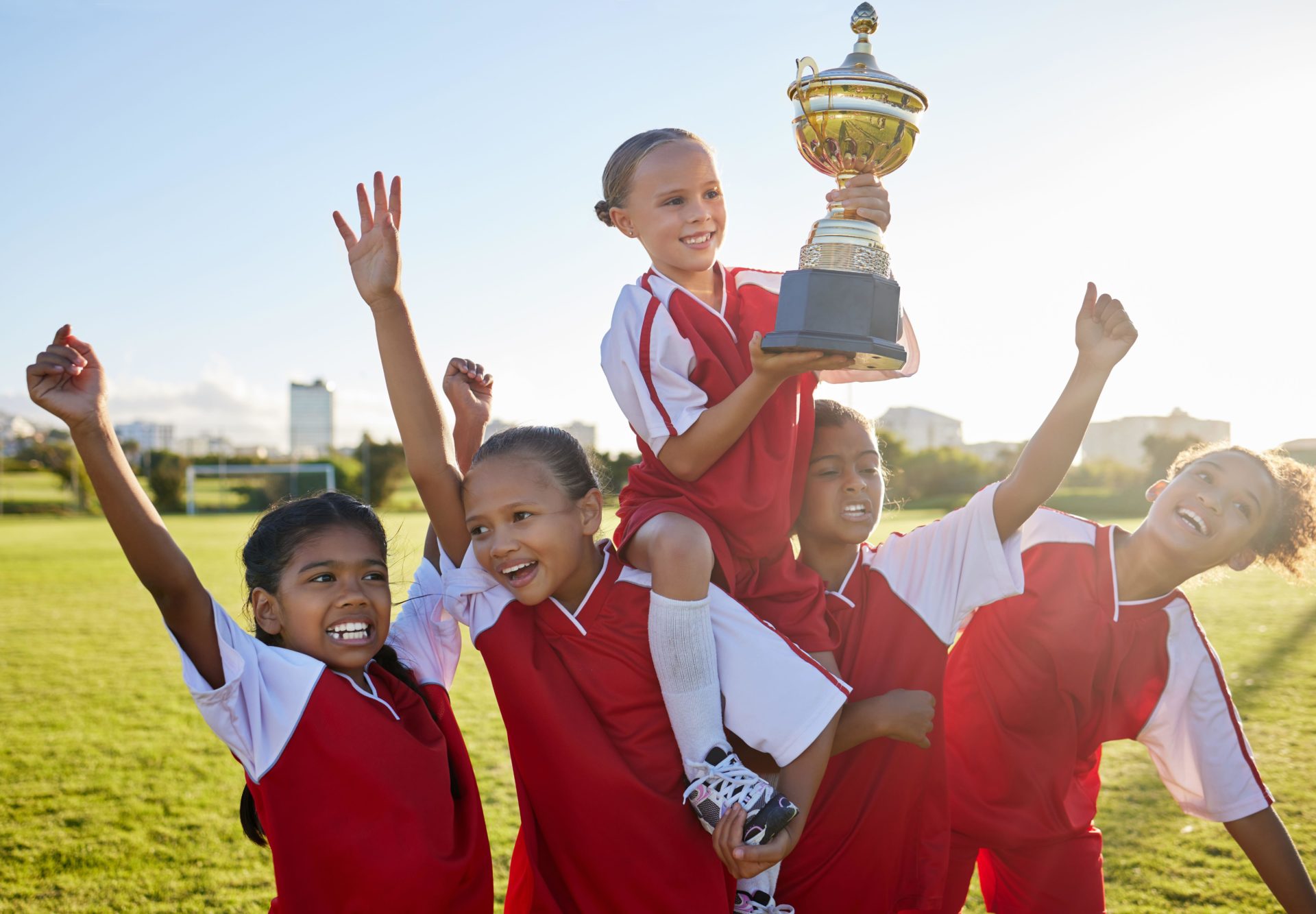In this week’s Parenting segment, a concerned parent expresses apprehension regarding the potential impact of their daughter’s competitive circle of friends on her self-assurance.
The parent shared with Moncrieff, “My daughter, an 11-year-old who is somewhat reserved and sensitive, is part of a friend group primarily consisting of girls that exhibit high levels of competitiveness and, in some instances, excessive confidence.”
The situation has escalated to the point where children are seen shedding tears on the sports field following losses and displaying unsportsmanlike behavior towards opposing teams. Additionally, some families go to the extent of providing extra tutoring and even completing their children’s artwork to secure victories in competitions.
The parent’s talented yet introverted daughter is now encountering aggressive behaviors from her peers, leading to a decline in her self-belief.
“We are contemplating distancing her from these friends as the environment feels increasingly toxic,” the parent expressed. “Yet, she genuinely values her friendships.”
Child psychotherapist Joanna Fortune acknowledged the complexity of the situation, particularly in the absence of any specific negative incidents between the daughter and her friends.
She remarked, “The emphasis on achievement for 11-year-olds in this group is overwhelming. There seems to be a lack of joy, camaraderie, and collaboration in their interactions.”
Exploring Intrinsic Motivations
Joanna advised the parents to redirect their focus towards understanding their daughter’s personal interests and motivations.
“What aspects of these activities does she find enjoyable?” she inquired. “The competitive environment seems to exert significant pressure on these children, prompting reflection on whether this drive originates from the children themselves or external influences, such as parental expectations.”
She urged the parents to delve deeper into their daughter’s emotions and initiate conversations about her experiences during competitive situations with her friends.
“It appears that the parents are deeply involved in this dynamic. I recommend taking a step back, not disengaging entirely but reducing the intensity of the situation to facilitate a healthier environment for everyone involved,” Joanna advised. “Allow your daughter the space to navigate her relationships and make choices while ensuring open lines of communication.”
Understanding the Strain on Peers
Joanna also highlighted the immense pressure faced by the daughter’s friends within the competitive group.
“Consider the stress these children endure, to the extent that parents are intervening in art projects,” she pointed out. In addition, she said that teachers can usually tell when parents are too concerned with their kids’ schoolwork.

